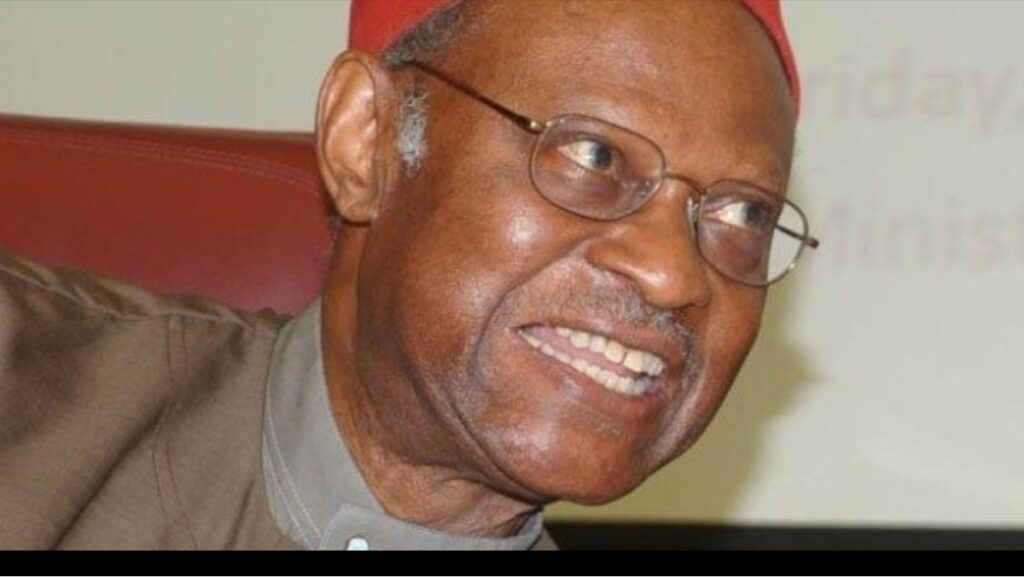Lagos, Nigeria — As Nigeria grapples with escalating economic challenges and widespread hunger protests, the nation’s political landscape is being reshaped by renewed calls for constitutional reform. On August 9th, 2024, Emeka Anyaoku, the former Commonwealth Secretary-General, alongside a coalition of prominent figures known as the Patriots, including former Ogun State Governor Olusegun Osoba, Shehu Sani, Mike Ozekhome, and others met with President Bola Tinubu to advocate for the creation of a new constitution.
Anyaoku expressed deep concern over the current state of Nigeria’s governance, arguing that the existing constitution has failed to meet the fundamental needs of its citizens. He attributed the ongoing crises, including the recent unrest, to a constitution that does not adequately recognize Nigeria as a pluralistic society—a nation marked by its rich diversity in ethnicity, culture, and religion.
“The crises we face today are symptoms of a deeper problem rooted in a constitution that has not evolved with the needs of our people,” Anyaoku stated. He emphasized the importance of addressing these issues through a new constitutional framework that reflects Nigeria’s pluralism and fosters true federalism. Anyaoku highlighted historical examples of pluralistic nations such as Yugoslavia, Czechoslovakia, India, and Sudan, many of which faced disintegration due to their inability to manage diversity under centralized constitutions.
The Patriots urged President Tinubu to consider sending an executive bill to the National Assembly, calling for the establishment of a National Constituent Assembly. This body, they proposed, would be composed of individuals elected by the populace on a non-partisan basis—three representatives from each state—tasked with drafting a new, inclusive constitution. Anyaoku suggested that with swift action, this new constitution could be developed within six to nine months.
In response, the Federal Government, through Presidential spokesperson Ajuri Ngelale, acknowledged the significance of constitutional reform but emphasized that the administration’s immediate priority is economic recovery. “The government is focused on economic reforms that will drive growth and stability,” Ngelale stated, adding that constitutional review would be addressed at an appropriate time.
This initiative by the Patriots has sparked widespread debate across the country, with many questioning whether Nigeria’s 1999 constitution is truly the root cause of the nation’s challenges. Okechukwu Isiguzoro, a factional leader of Ohanaeze Ndigbo, voiced his support for Anyaoku’s proposal, arguing in a recent newspaper article that a new constitution could help mitigate longstanding issues of injustice and marginalization in state allocations.
The call for constitutional reform comes at a critical juncture for Nigeria. As the nation navigates economic turmoil and social unrest, the question remains: Can a new constitution lay the foundation for a more equitable and stable future? The world watches closely as Nigeria confronts these profound challenges, with the potential outcomes having far-reaching implications not only for its citizens but for the broader African continent.

